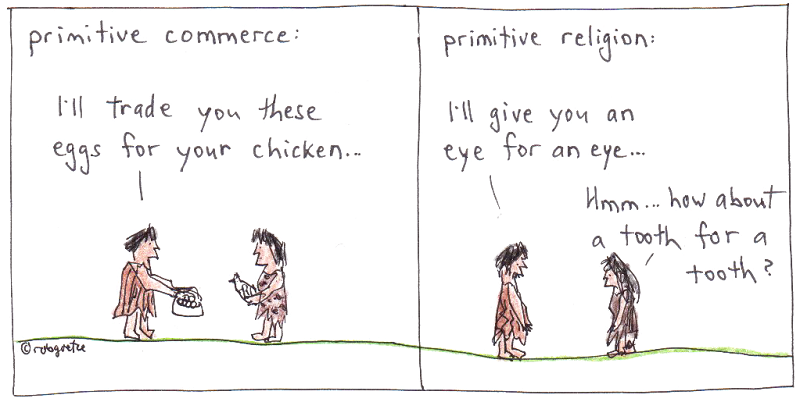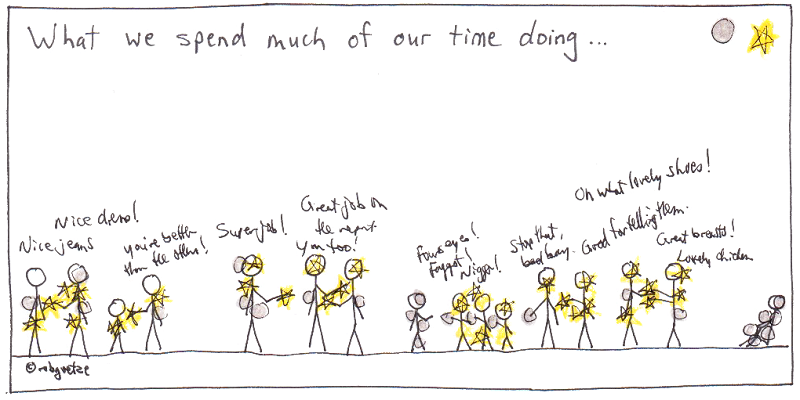Rachel Held Evans recently said this about the church:
You can get a cup of coffee with your friends anywhere, but church is the only place you can get ashes smudged on your forehead as a reminder of your mortality. You can be dazzled by a light show at a concert on any given weekend, but church is the only place that fills a sanctuary with candlelight and hymns on Christmas Eve. You can snag all sorts of free swag for brand loyalty online, but church is the only place where you are named a beloved child of God with a cold plunge into the water. You can share food with the hungry at any homeless shelter, but only the church teaches that a shared meal brings us into the very presence of God.
And I think, yes! and then, I think, hmmmm, maybe church isn't the only place where these things happen....
You get ashes smudged on your forehead while running to catch the subway ...
We sing 40 in a stadium to the light of phone screens...
Someone calls me beautiful in a chat window...
Friends share a meal with Jesus at the local pub....




















